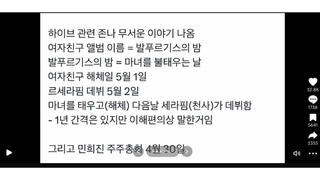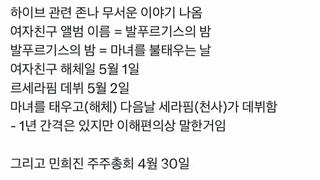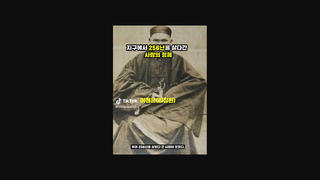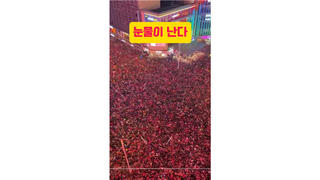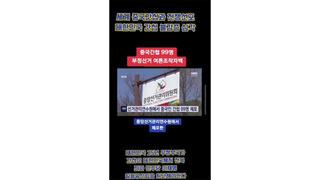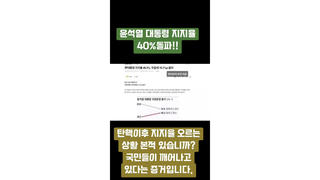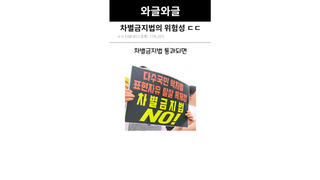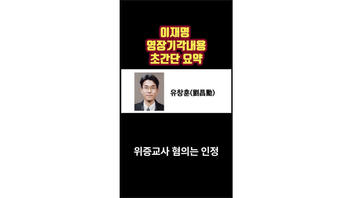
Did the leader of South Korea's main opposition Democratic Party of Korea avoid arrest to face corruption charges just because he is the leader of the country's main opposition political party? No, that's not true: A judge dismissed the request for an arrest warrant for Lee because there was little risk that Lee would flee or tamper with evidence and an arrest was not deemed necessary.
The claim appeared in a video (archived here) that was published by @user9334738084581 on TikTok on September 27, 2023 with a caption translated into English from Korean by Lead Stories staff reading:
In brief, they did not arrest Lee Jae-myung because he is the main opposition leader.
This is what the post looked like on TikTok at the time of writing:
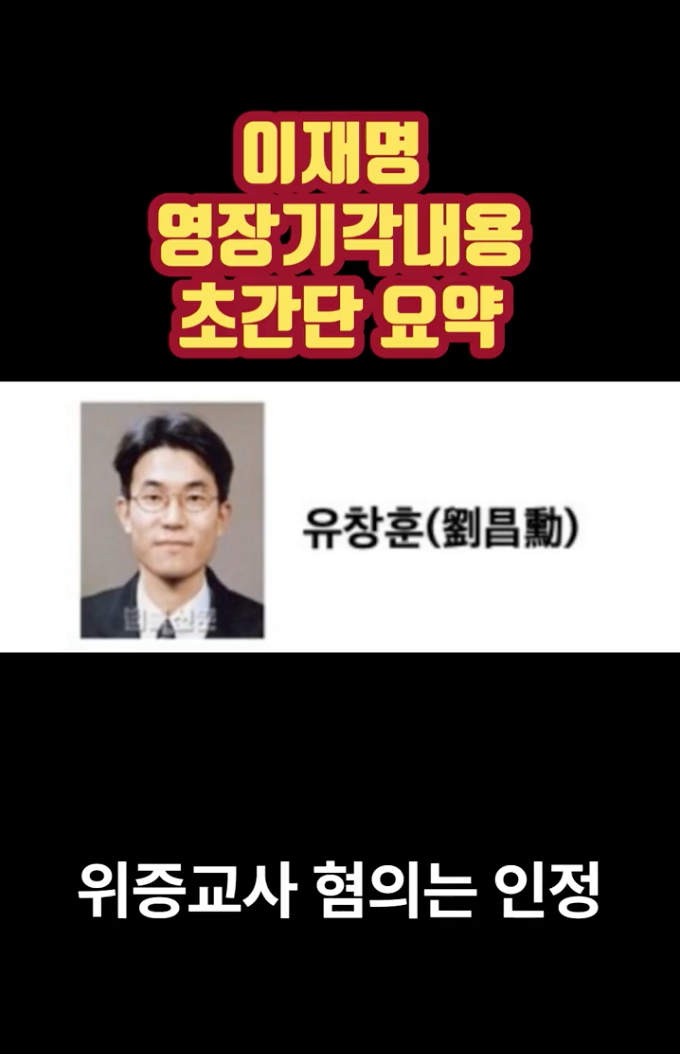
(Source: TikTok screenshot taken on Thu Oct 5 10:32:36 2023 UTC)
In the video, the author claims that the judge dismissed an arrest warrant for the Democratic Party leader because of Lee's political status. He supports his claim by misquoting the judge's ruling from the official record. According to the author, the judge ruled his decision to dismiss the warrant was:
In consideration of the suspect's status as a political party leader, who is subject to public surveillance and criticism
However, the author distorts the judge's reason by not providing the full context of his decision. On September 27, the Seoul Central District Court dismissed the request for an arrest warrant for Lee Jae-myung, and the judge officially announced:
In consideration of the fact that the suspect is attending another court case, and the suspect's status as a political party leader, who is subject to public surveillance and criticism, it is hard to conclude that there is a risk that the suspect would tamper with evidence.
The arrest warrant application suggested there was a risk the suspect would destroy evidence. But the judge decided not to issue the warrant, saying:
As seen above, considering the level of need to ensure the suspect's defensive rights and the level of risk of evidence tampering, it is hard to conclude that there are reasons that necessitate detention in violation of the principle of investigation without detention.
Multiple news reports carried the full text of the decision, as seen here, here, and here.


